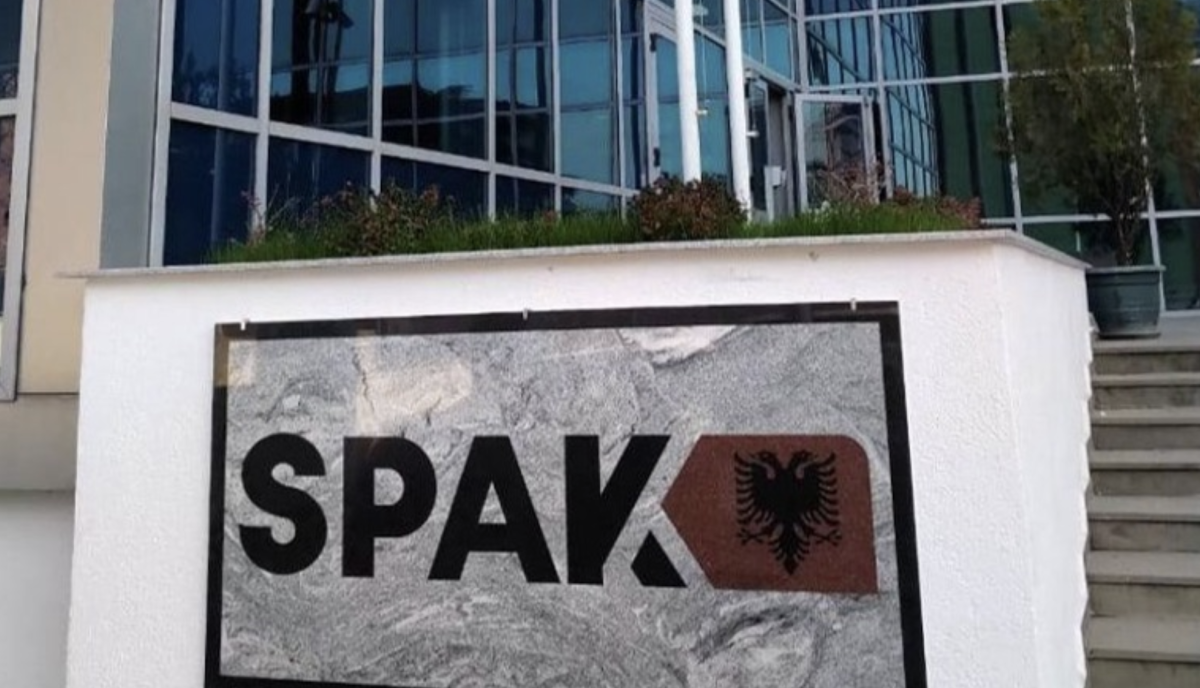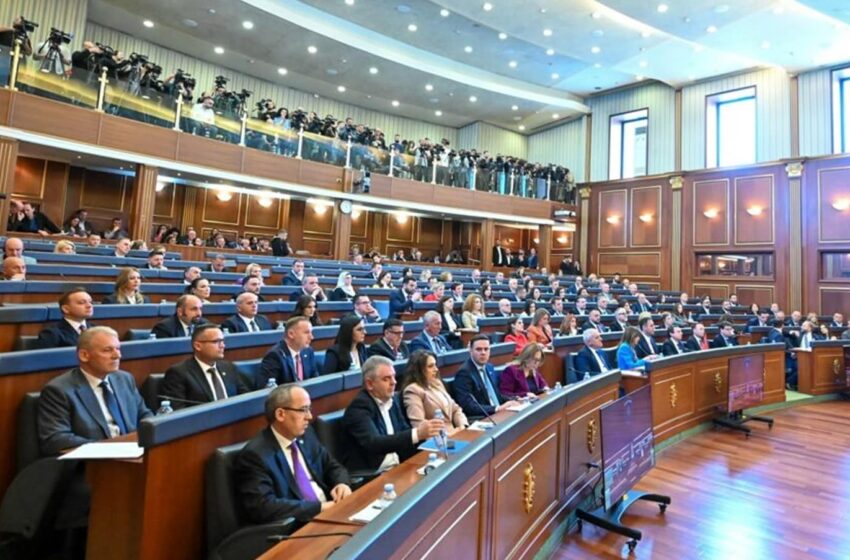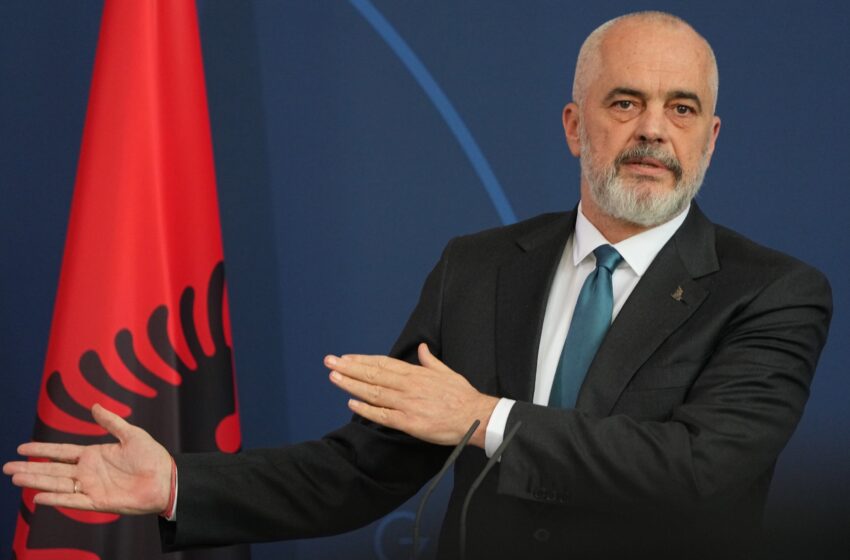Unfounded rumors of widespread arrests by SPAK underscore persistence of unhealthy relations between parts of media and SPAK

In an unusual move, the Special Anticorruption Structure (SPAK) was compelled to issue a public statement denying rumors of a purported wave of overnight arrests in Tirana. In a brief and terse response, SPAK urged the media to refrain from disseminating speculations that could adversely impact their operations.
Context
During the late hours of Tuesday, June 25, several news portals published “exclusive” reports allegedly sourced from reliable contacts within SPAK. These reports claimed a large-scale arrest operation was imminent to be carried on during the night, aiming to execute 19 warrants issued by the Special Court against Corruption and Organized Crime. The targets reportedly included senior officials and well-known public figures implicated in the “incinerators affair,” a case under investigation by SPAK.
The news caused a significant stir, prompting SPAK to issue a public rebuttal on Wednesday morning to quell speculation. Nevertheless, this incident highlights a serious issue in how SPAK manages its relationship with the media and individual journalists who often receive information from various sources within the organization, effectively becoming unofficial spokespersons.
Since its establishment as a cornerstone of Albania’s successful judicial reform, SPAK has set new standards in combating corruption and organized crime. Its accomplishments have garnered recognition from Albania’s international partners and, crucially, enjoy consistent support and trust from Albanian citizens, with approval ratings routinely exceeding 70%.
Despite its success in combating corruption, SPAK has struggled to address a vexing remnant of the old justice system: the persistent disclosure of not only confidential case details but also sensational and lurid personal information about suspects, sometimes amounting to character assassination.
Coincidentally, SPAK’s response occurred nearly simultaneously with an event focused on the right to information and transparency, where the Prime Minister criticized leaks of “investigative secrets” in strong terms. Referring to a contentious incident where a journalist underwent a seven-hour interrogation, had his phone confiscated, and his home searched in an attempt to compel his to disclose his sources, the Prime Minister argued that investigations should target the sources of sensitive information within their ranks rather than the journalists who publish it.


